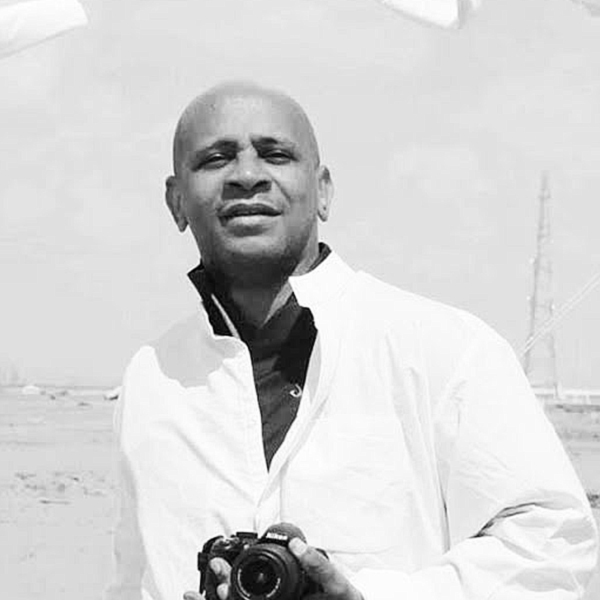Antonio Silva
Faculty of Fine Arts of the University of Porto

Faculty of Fine Arts of the University of Porto

Antonio Regis Carmo Silva is an artist and researcher with a diverse and international academic background. He began his academic journey with a BTEC diploma in Interior Design (2003) from the Chelsea College of Art & Design in London, UK. Subsequently, he earned a BA in Fine Arts (2015) with First Class Honours from Croydon University Centre (affiliated with the University of Sussex), also in the UK. In pursuit of further knowledge, he completed a Master’s in Fine Arts (2019) at the University of Évora, Portugal. Currently, he is a PhD candidate in the Fine Arts program at the Faculty of Fine Arts of the University of Porto (FBAUP), supported by a scholarship from the Foundation for Science and Technology (FCT), consolidating his academic and artistic trajectory. His career reflects a strong commitment to the study and practice of arts, marked by a comprehensive education and experiences in diverse cultural and institutional contexts.
Theses title
In situ lithography: a journey through technological archaeology and the national territory
FCT reference
Ref.2022.11886.BD
Abstract
Based on a methodology inspired by technological archaeology, this artistic investigation embarks on the exploration of pioneering lithographic processes, particularly obsolete practices associated with image reproduction. The aim is to foster knowledge about heritage, history, and geology within the nation, analysing potential outcomes in the national territory. The strategy focuses on developing in situ lithography – a technique historically employed in contexts like battlefields and expeditions but which has received little attention. The study emphasises the relationship between technological development and the country’s geological specificities. The investigation is structured through expeditions to various regions, preceded by studies directed at reconstructing portable lithographic presses adapted for contemporary use. Each journey is documented, capturing the scientific outcomes of the experiments conducted on-site. Through the articulation, adaptation, and reconstruction of systematic technical processes, the research seeks to reveal the symbiotic relationship between technology and the contemplation of diverse landscapes encountered. At the core of this exploration lies the archaeological knowledge gained through the use of autochthonous stones inherent to each location, transforming them into symbolically matrix spaces – physically and culturally. This approach not only revitalises lithography as an artistic medium but also unveils distinct connections between landscapes, history, collective memory, and national identity.
Supervision
Graciela Machado (supervision) and Domingos Loureiro (co-supervision)
More info